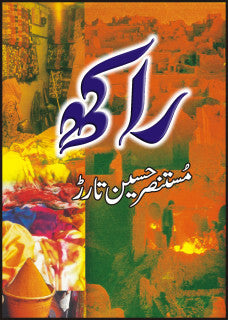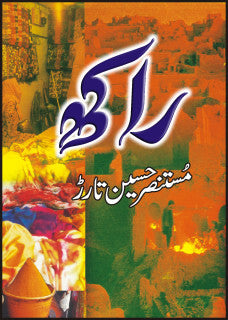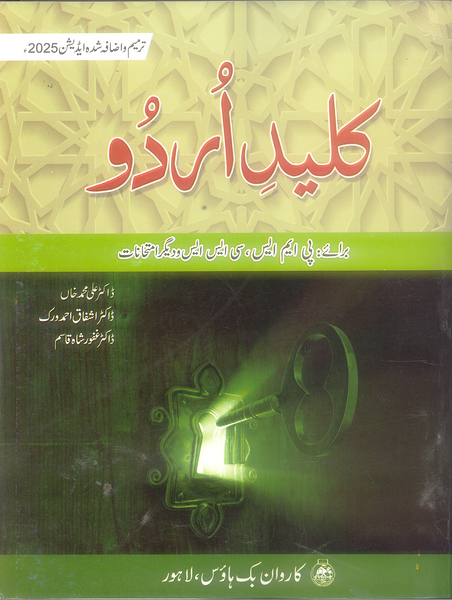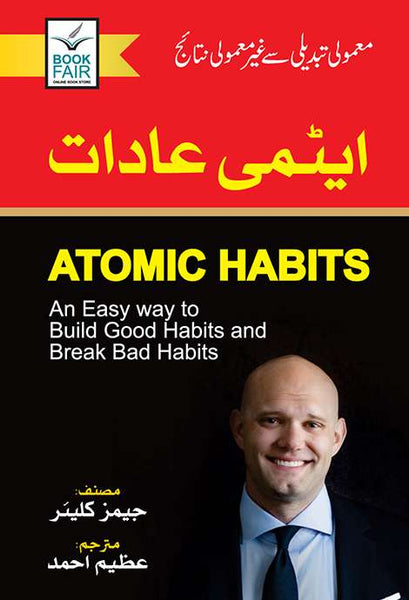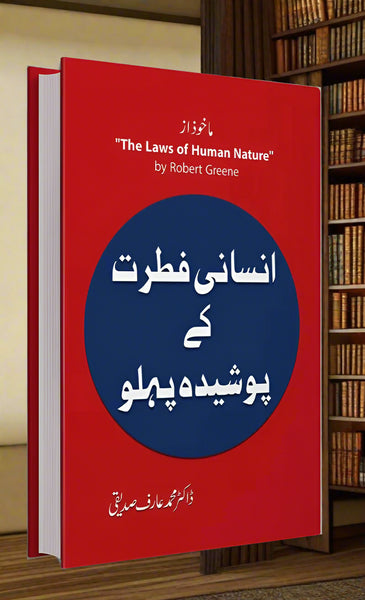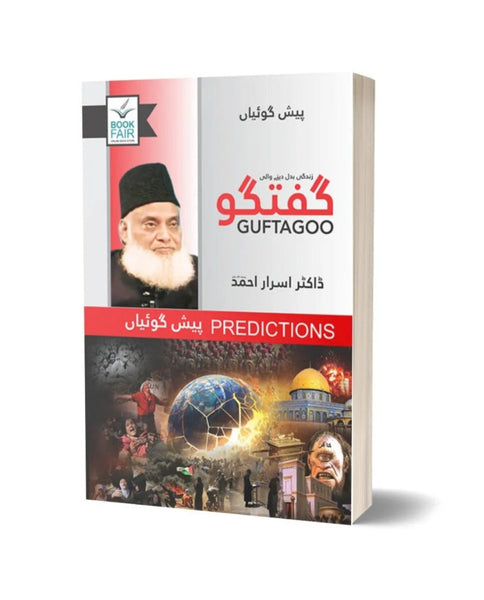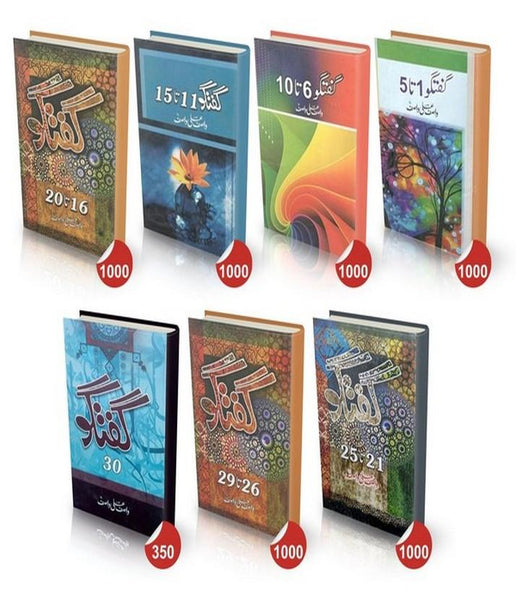-
Love and Loss:
The novel explores intense emotions surrounding love, heartbreak, and the grief that comes with losing a loved one. The characters in Raakh go through deep emotional struggles as they try to navigate the pain of separation and the consequences of love.
-
Existential Reflection:
Raakh touches on existential themes, especially the transient nature of life and the meaning of existence. The title itself, "Ashes," reflects the idea that all that we cherish may eventually turn to dust, leaving behind only memories and remnants.
-
Human Suffering:
One of the central themes in the book is human suffering, whether physical or emotional. The characters experience profound internal and external struggles that question the purpose of life, death, and everything in between.
-
Impact of War and Conflict:
Set against a backdrop of societal upheaval, the novel also examines the impact of war and conflict on personal lives. It portrays the destruction that external events can bring to individual lives, especially in the emotional and psychological sense.
-
Psychological Depth:
The characters are well-developed, and the novel provides deep psychological insights into their behaviors, desires, fears, and regrets. This exploration allows readers to connect with the characters on a personal level, understanding their motivations and inner struggles.
-
Philosophical Insights:
Through the story, Tarar provides reflections on life, death, and human nature. The book encourages readers to think deeply about the fleeting nature of existence and the importance of cherishing the moments that truly matter.
-
Symbolism of Ashes:
The title "Raakh" is rich in symbolism, representing the decay of life and the inevitability of mortality. It is a metaphor for everything that fades, whether relationships, dreams, or human life itself, and the sense of finality that accompanies it.
-
Societal Critique:
The novel subtly critiques societal norms and the limitations that culture and tradition impose on individuals. It questions the social fabric that often dictates personal choices, highlighting how these norms shape human experiences.
-
Narrative Style:
Tarar’s narrative style in Raakh is evocative and immersive. His prose is elegant, lyrical, and emotionally charged, drawing readers into the characters' internal worlds. The novel’s structure and pacing add to the emotional depth of the story.
-
Exploration of Identity and Self:
The novel also delves into the theme of personal identity, as the characters struggle to understand who they are in the face of loss, love, and societal expectations. The journey of self-discovery plays an important role throughout the story.

